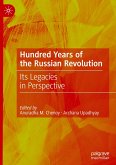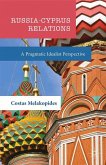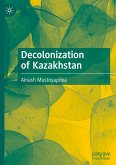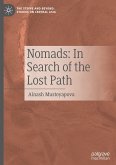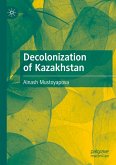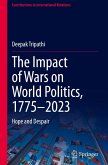This study analyzes the Soviet Union s strategic interests and policies toward Mongolia, emphasizing Joseph Stalin s perception of its geopolitical importance. It examines why Mongolia s independence was a key condition Stalin set at the Yalta Summit for the Soviet declaration of war on Japan. While existing research has explored Soviet-Mongolian relations, this study utilizes newly declassified archival materials from Russia, Mongolia, and Japan to reassess Stalin s strategic vision and interactions with Mongolian leaders. The research argues that Soviet policy was primarily driven by economic interests, with political considerations playing a secondary role. It also highlights the alignment between Mongolian national aspirations and Russian strategic objectives, particularly since the 1910s. By incorporating previously unexamined sources, this study offers a more nuanced understanding of Soviet-Mongolian relations and Mongolia s role in Soviet Far Eastern strategy, sheddinglight on its historical path to sovereignty and its significance in regional power dynamics.
Bitte wählen Sie Ihr Anliegen aus.
Rechnungen
Retourenschein anfordern
Bestellstatus
Storno


